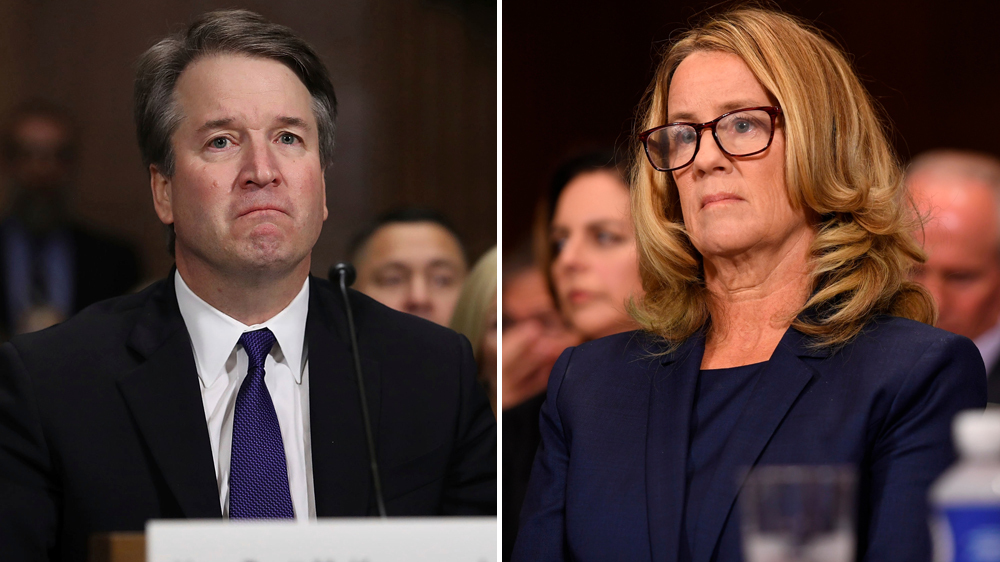By Anonymous,
As social media usage is exploding, Twitter, in particular, has been making waves. From the
well-publicised Elon Musk takeover to the banning of Kanye West, the social media giant
seems to always be in the limelight. One of the most consequential developments in the
Twitter space has cast light on a less prominent side of the platform: the Twitter Files.
What exactly are these, and what makes them important?
A conception of new Twitter owner Elon Musk, the Twitter Files intend to show the public the
truth of content moderation during the previous ownership. These files were released in
December through three independent journalists – Bari Weiss, Matt Taibbi and Michael
Shellenberger – and contain documents and leaked discussions detailing Twitter’s course of
action concerning moderation decisions.
To date, there have been 15 releases of these documents (for a comprehensive summary,
Racket News) each concentrating on a different aspect of content moderation.
The files decode Twitter’s executive decision-making processes when handling volatile
issues that may have breached content policies.
These files have cast light on many major issues regarding the control of social media
content.
One such issue is the use of shadow banning, a process in which certain content is
restricted from reaching audiences. Previously, this meant completely blocking content,
however, under the Musk regime, tweets are deamplified in accordance with Twitter’s new
“freedom of speech, but not freedom of reach” policy. Notwithstanding, Twitter still reserves
the right to restrict content on their service.
The problem with this is the fine line of criteria that suggest possible deamplification.
After all, how does one decide what to moderate?
The lack of transparency in this issue presents a key challenge going forward in the social
media space, one which seems far from being resolved.
The Twitter Files have also revealed the unprecedented interaction between government
organs and social media services. Email conversations were recorded showing the FBI’s
inquiry about Twitter data and analytics. This increasingly close relationship between state
security agencies and social media platforms is perhaps a tad Orwellian, and may just be the
first mile on the long road to Nineteen Eighty-Four.
One should hope such governmental interference in public life would incite outcry among the
general population.
Social media, inhabiting the crossroads between the metaverse and the human mind, is now
a shoal of private companies in a great public sea. The duty of those who believe in liberty is
to keep it free. In this regard, the Twitter Files are of great consequence. Their revelations
make sure the water is transparent.
Remember, in the deep sea, sharks roam free.



